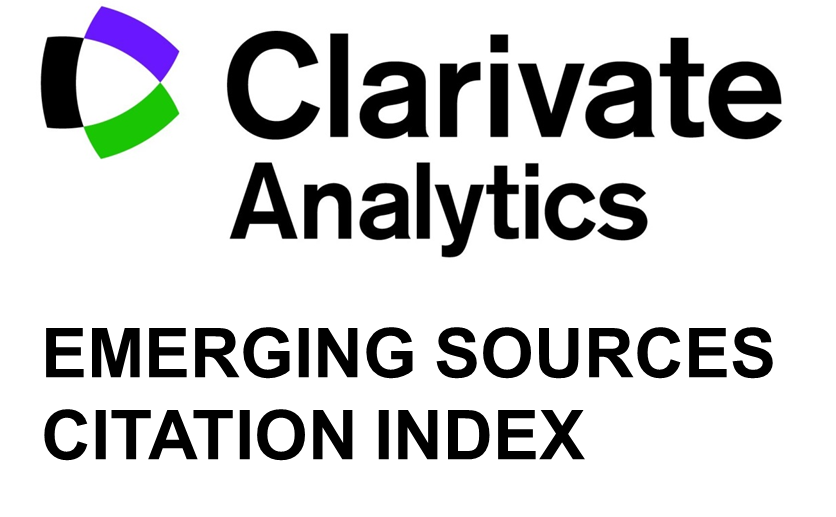Effects of compulsive buying on debt avoidance and self-esteem: Can brand addiction serve as a socially responsible mediator?
DOI:
https://doi.org/10.5937/StraMan2400001AKeywords:
compulsive buying, brand addiction, debt avoidance, self-esteem, genderAbstract
Background: Despite its controversial features, compulsive buying is gaining increasing attention in recent scientific marketing literature. A particular emphasis is focused on the overlap between compulsive purchasing and addiction to the brand, as well as an analysis of the combined effects of these two forms of addictive consuming on consumers.
Purpose: This study aims to investigate the connection between brand addiction and compulsive buying, as well as the individual and combined effects of these constructs on self-esteem and debt avoidance. Testing differences between consumers of different genders was also carried out.
Study design/methodology/approach: Data were gathered using a questionnaire in the form of a self-assessment that included demographic questions as well as questions about compulsive buying, brand addiction, avoiding debt, and self-esteem. Upon gathering online data in Bosnia and Herzegovina, partial least squares analysis was performed to analyze the data using structural equation modeling.
Findings/conclusions: The study’s findings show that brand addiction and compulsive buying are positively associated. Brand addiction serves as a beneficial mediator between compulsive buying and the goals of debt avoidance and self-esteem, acting as a counterbalance to the detrimental effects of compulsive buying. The study’s findings indicate that there are no appreciable differences in the aforementioned correlations between men and women. This study offers empirical proof that compulsive buying and brand addiction are separate but related behaviors. These findings improved the conceptual implications of these two crucial ideas and provided brand managers and marketers with a useful tool for strategic brand management and strategic marketing management in general.
Limitations/future research: Future research can develop conceptual models that are more appropriate, containing characteristics that predict addictive behavior, as well as models for marketing strategies that are sensitive to addictive consumption.
Downloads
Published
Issue
Section
License
Copyright (c) 2024 Adi Alic, Ahmed Kadrić

This work is licensed under a Creative Commons Attribution 4.0 International License.














